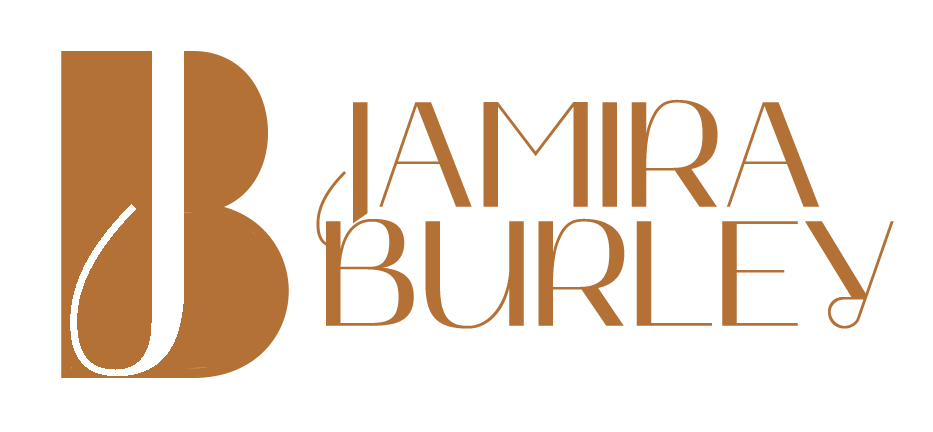Young People Are Ready To Lead: The Education We Want – Global Goals
For three years, I had the pleasure and honor of working alongside 17 amazing young people who were appointed by the United Nations Secretary-General to the Global Education First Initiative (GEFI) Youth Advocacy Group (YAG). Our goals have been centered on GEFI’s three main priorities: putting every child in school, improving the quality of learning, and fostering global citizenship. Through this opportunity, we have been able to connect with both adult and youth leaders all over the world. If there is one thing that remains constant, it is that no educational agenda can be conceived, implemented, monitored, or reviewed without the authentic engagement of young people.
While this generation is internet savvy, socially conscious, and world-changing; everywhere you look, young people are struggling with the political, social, and economic constraints left by our predecessors. As a result of those constraints, the world is faced with nearly 58 million primary school age children out of school. Furthermore, there are 250 million children and young people who are in school but are not learning. With the expiration date for the Millennium Development Goals right around the corner, young people everywhere are calling on world leaders, governments, civil society, and the global communities for change. In order to prevent the largest generation of young people in human history from eventually being exposed to massive unemployment, poor health, and potential civil unrest, there are necessary things that must be done.
Active Role of Youth
The fact that every day a child is potentially turned away or pushed out of school should motivate us to act in a way that allows all stakeholders, especially young people, to play an active role. Too often, young people are left out of the decision-making process of the educational agenda, even though they are closest to the issue and have the most at stake.
During the time I’ve worked on this issue, I have met young people who are urgently and desperately fighting for their place at the table, mostly because they know that not doing so will potentially have adverse impacts on their hope for a positive and rewarding future. The creation of the YAG enabled young people from all walks of life, cultures, religions, and gender to work in collaboration for the youth whose voices had been silenced and forgotten.
The YAG is but one example; there are young people everywhere who want to get engaged in this issue and have their voices heard. This is why the YAG, in partnership with Plan International and A World at School, created The Education We Want: Youth Advocacy Toolkit last year. The toolkit has one goal: to empower young people to be able to advocate for change so that all members of the younger generation can have access to quality education.
To create change, we need all hands on deck. As the new education agenda is being developed, young people need to take up an active role. This is why we have been taking steps to make sure every child is ready to fight for the education they want and deserve.
To date, we have hosted over 100 educational training programmes worldwide and have trained thousands of young people. This is because we believe that if given the chance, young people will not only be ready to work, but also lead the change.
In an effort to expand the progress made by the Millennium Development Goals, last year the United Nations launched the global goals for sustainable development. Out of all the goals that could have been selected, 17 were chosen with the intention of not leaving anyone out. Over the next 15 years, the world will race against the clock to be the first generation to end extreme poverty, fight inequality and injustice and fix climate change. It’s important to note, that these efforts are going to take more than just policy and budget line items. Instead, it will take all 7billion of us to learn about the goals, teach is other about the goals and doing our individual parts to make sure 15 years from now, we aren’t discussing all the things we wish, we could have done.
As a part of the UN Global Education First Initiative (GEFI), Youth Advocacy Group, I was able to participate at the GEFI’S High Level event to help deliver the global youth call to action, which ask governments to take a hard look at the last 15 years for to identify lessons learned and what proactive steps need to take place to move us from promises to progress, especially when it come to children ability to learn. Learning the Lessons: From Promises to Progress (Call to Action), were developed and received input from young people all over the world, outlines the urgent steps governments must take if we are to have any chance of achieving SDG4 by 2030. There is a lot of work that still needs to be done but if we are willing to hold both governments and ourselves accountability, it can be done. So ask yourself, are you in and what goal(s) are you planning on working on?
To learn more about the call to action and ways to get engaged, please click: HERE
